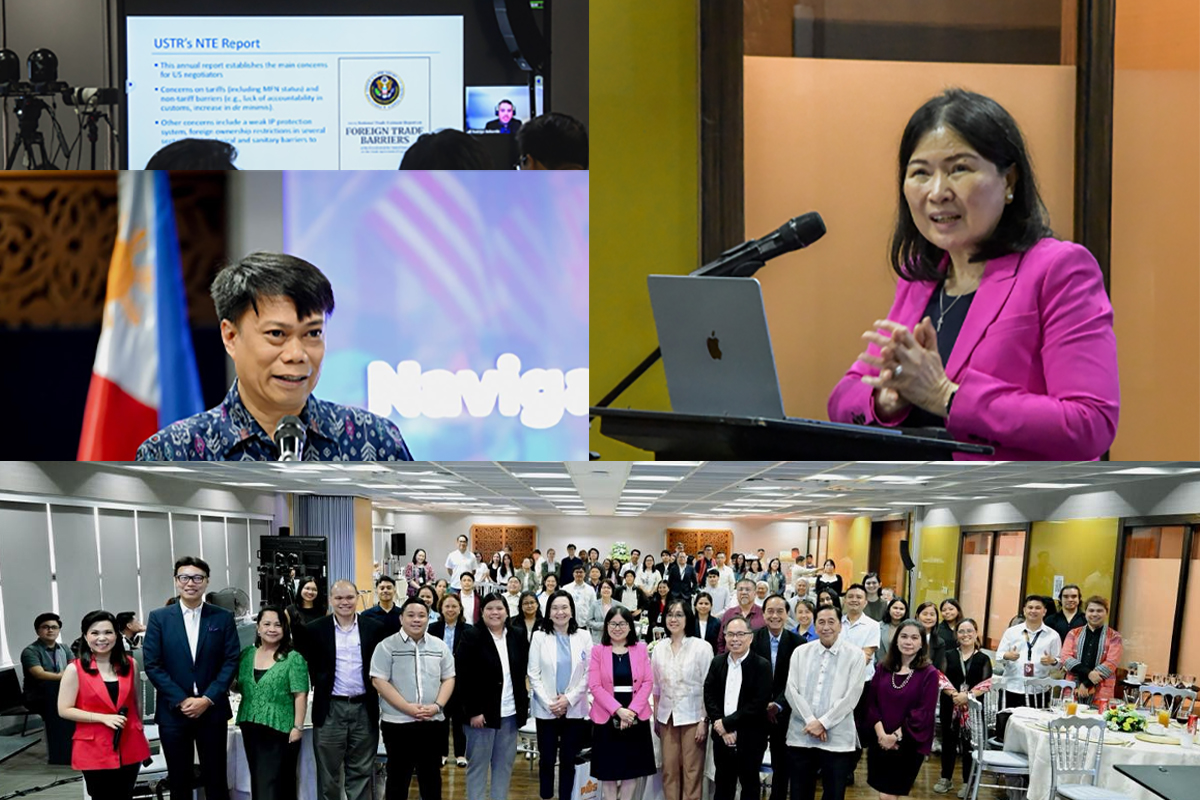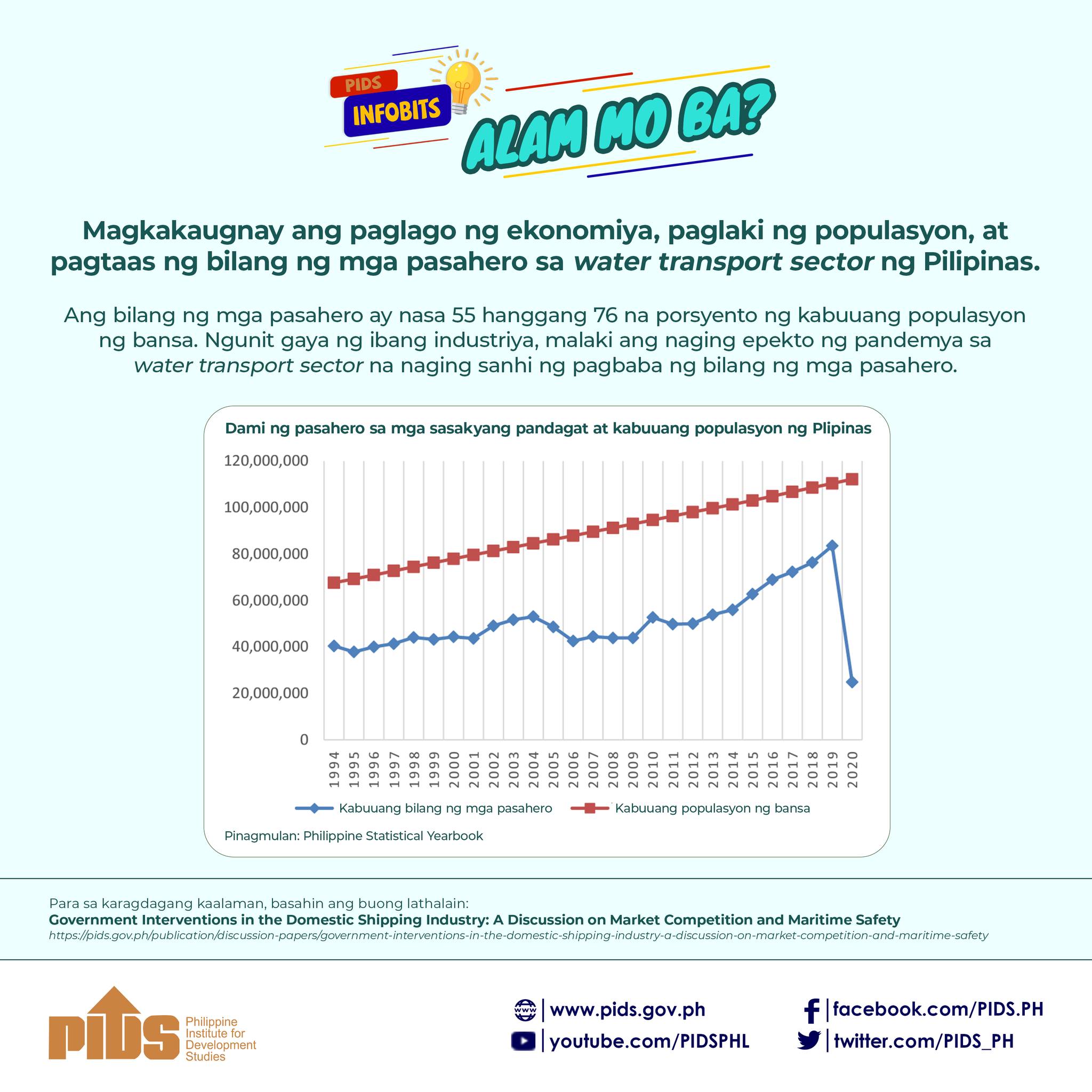The Philippines can implement strategies for bolstering industry resilience to an evolving geopolitical landscape of the Asia-Pacific region, including diversifying supply chains and markets, and establishing contingency plans for trade disruptions.
“By diversifying trade relationships across Asia-Pacific and beyond, the Philippines can reduce economic reliance on any single power,” a discussion paper “Critical Industries in the Time of Asia-Pacific Geopolitics: Lessons for the Philippines” published by the Philippine Institute for Development Studies (PIDS) said.
The paper was authored by Deryk Matthew Baladjay, lecturer at the Department of International Studies of the De La Salle University-Manila; and Jean Clarisse Carlos, project development officer at the Philippine APEC Study Center Network of the PIDS.
Citing an earlier paper, Baladjay and Carlos said expanding trade with a variety of partners promotes regional stability, supports national autonomy, and helps safeguard against external pressures.
Contingency plans
The discussion paper also underscored the importance of creating contingency plans for trade disruptions due to the country's heavy reliance on imports for essential goods, raw materials, and fuel, as well as its strategic location in typhoon-prone areas.
“Sudden sanctions, embargoes, geopolitical tensions, or natural disasters like typhoons or earthquakes can upend supply chains, causing delays and increased costs. Businesses can mitigate these risks by conducting scenario analyses to anticipate potential disruptions and assess their economic impacts,” it said.
Baladjay and Carlos said companies should evaluate the risks associated with regional geopolitical tensions, such as potential conflicts in the South China Sea, which could disrupt key maritime trade routes.
“Building inventory buffers for critical goods, such as agricultural products or manufacturing inputs, can help maintain operations during temporary disruptions. Partnering with logistics providers offering flexible routing options is also vital; for example, utilizing alternate shipping routes through ASEAN countries or air freight services during maritime disruptions can ensure continued flow of goods,” they said.
These strategies, combined with robust local sourcing initiatives where possible, can enhance the resilience of Philippine businesses to trade-related challenges, they added.












